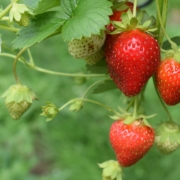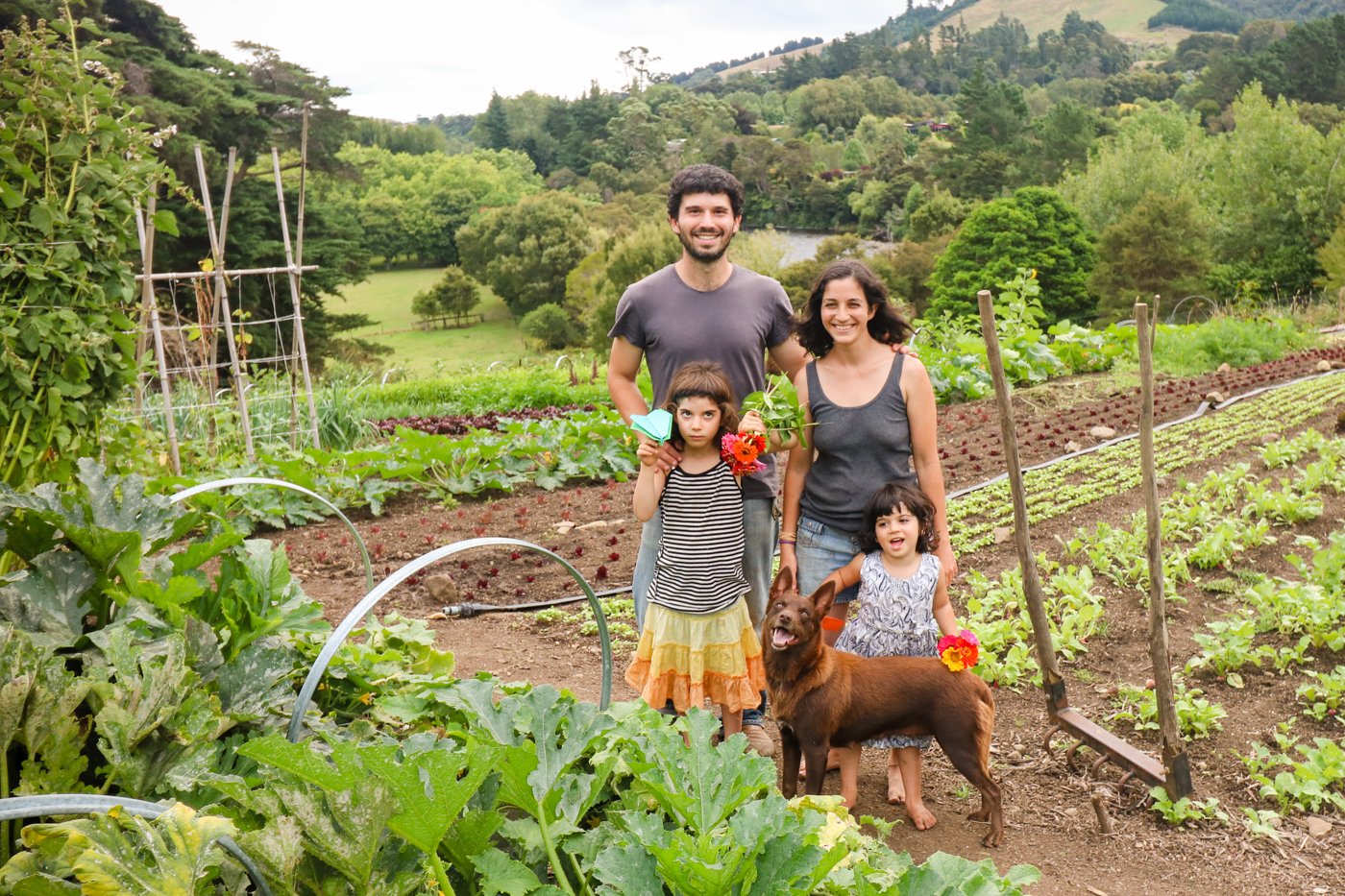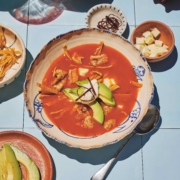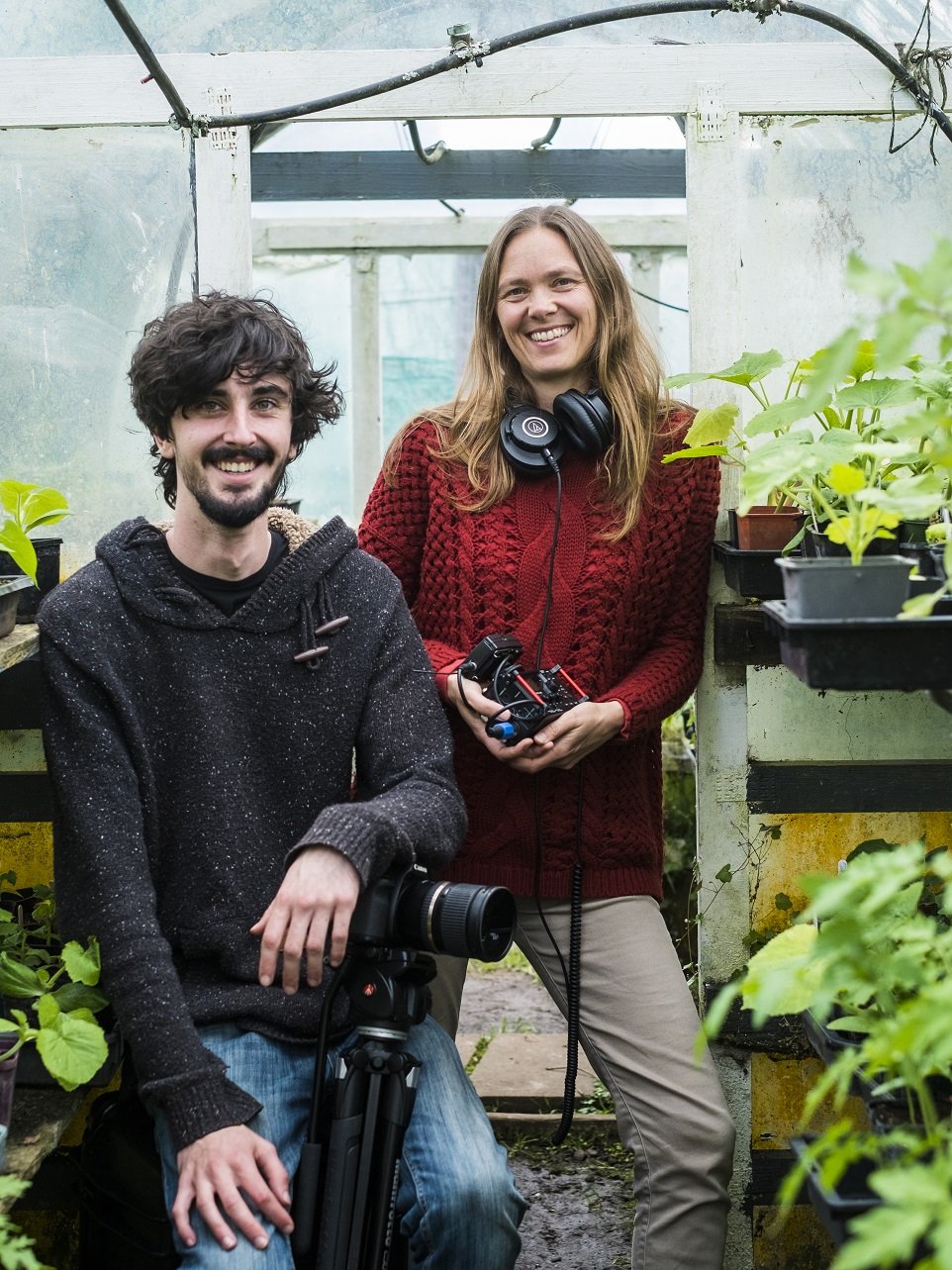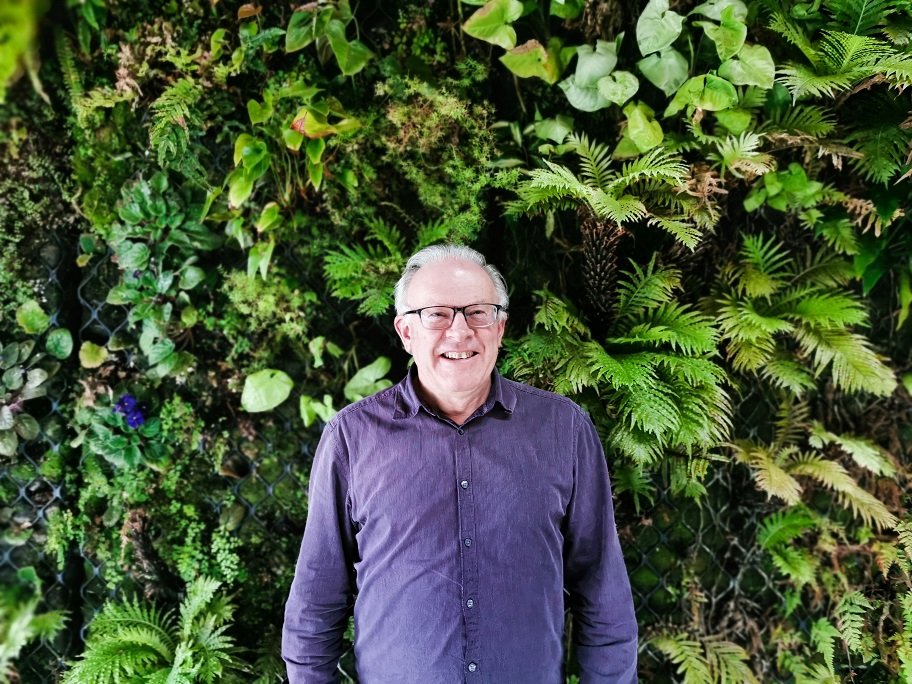11 ways to get involved in Organic Week
Whether you’re looking to volunteer in your community, add more organics to your life, or simply live a more climate friendly lifestyle, Kristen Capaccio has got some tips to support your journey.
Organic Week is an opportunity for everyone to get involved and make a difference. It is a week where people can come together to connect over a shared goal of making the world a better place, for today, tomorrow, and the future.
5 ways to get involved within your community.
- Organise an event. If you’re a master multi-tasker, this is where you will shine. Here are a few ideas from past events, along with a bit of inspiration for new ones: urban or rural organic farm tour, movie night, plant-based potluck, get a local hero or speaker to share their story, organise a beach clean-up. Get some friends to help and start organising now.
- Create awareness in your community. Sometimes all it takes is for one good idea and someone with passion to get the ball rolling.
- Talk to the team at your local organic or natural food store. Are they running an event, and can you assist?
- Have you heard of WWOOF? See a new part of NZ and volunteer at an organic garden.
- Engage with your local library. Ask them to create an organic book display, host a speaker, or simply put up a poster.
- Volunteer at your local community garden or find out how you can support the local Garden to Table school program.
- Visit your local environmental centre and ask how you can help.
- Check out Green Drinks. Each month people who work in the environmental field meet up for informal sessions to share their knowledge and passion. This is a great way to meet people in your area and learn more about local sustainable initiatives.
- Write to your local MP. MPs represent you in Parliament and you have a right to contact them to discuss any issues. Share your concern about climate change and ask what their strategy is for supporting your community or specifically what their plan is to lower agricultural emissions. This easy-to-read article will help you get started. Find your local MP here.
- Organise a carpool in your area. You may be wondering what this has to do with Organic Week? Living an organic lifestyle includes making eco-friendly decisions not only in the food you eat, but how lightly you tread on this earth. This is just a reminder that small initiatives add up and make a difference. To get you started, here is a link to Carpooling Guidelines, ridesharing tips and 2 ridesharing apps – Link and Zoomy.
7 super simple ways to support Organic Week on your own.
- Swap one non-organic food product in your grocery basket, with an organic product. Start with one product a week. If you’re not sure where to start check out our blog on simple steps to going organic.
- Support local growers and producers, while reducing food miles. Try to include some locally grown, organic or spray-free produce in your weekly shop. Explore your local farmer’s market or independent stores. Go out of your way to eat seasonal, NZ-made products. Head over to our organic stockist directory to find organic stores, farmer’s markets and food box schemes.
- Eat more plant-based food. Did you know it takes less resources to grow plants for human consumption than to feed stock and provide meat for human consumption? Start by committing to 1 day a week to only eat plants. Here is a simple guide to eating plant based.
- Stay up to date on what’s happening. Follow the Organic Week Instagram and Facebook pages. Check out the new Organic Week website and sign up for the newsletter here. Share posts, events and newsletters with friends and family.
- Share ideas, inspiration, and hope. Get creative and design content (or use ours!) to share in your local networks such as sustainable facebook groups, environment centres, organic stores, farmers markets, gardening groups, etc.
- Be a climate-friendly gardener. Start by planting bee-friendly plants in your garden. If you don’t have a green thumb, start small with herbs and greens, eliminating the need to buy herbs in plastic packets. We love this article about gardening in a changing climate. Or here is a beginners’ guide to eco-friendly gardening.
- Become Future Fit with this NZ designed interactive program. Get started with a simple 5-minute survey to give you an idea of your impact on the planet. From there you can get climate friendly tips, track and share your progress and see how everyday actions can make a difference.
Organic Week is an opportunity for hope. A chance to talk about the positive changes we can make. A week to empower yourself and feel part of a greater good. This week is about picking just one thing you can do to help. Where will you start?

